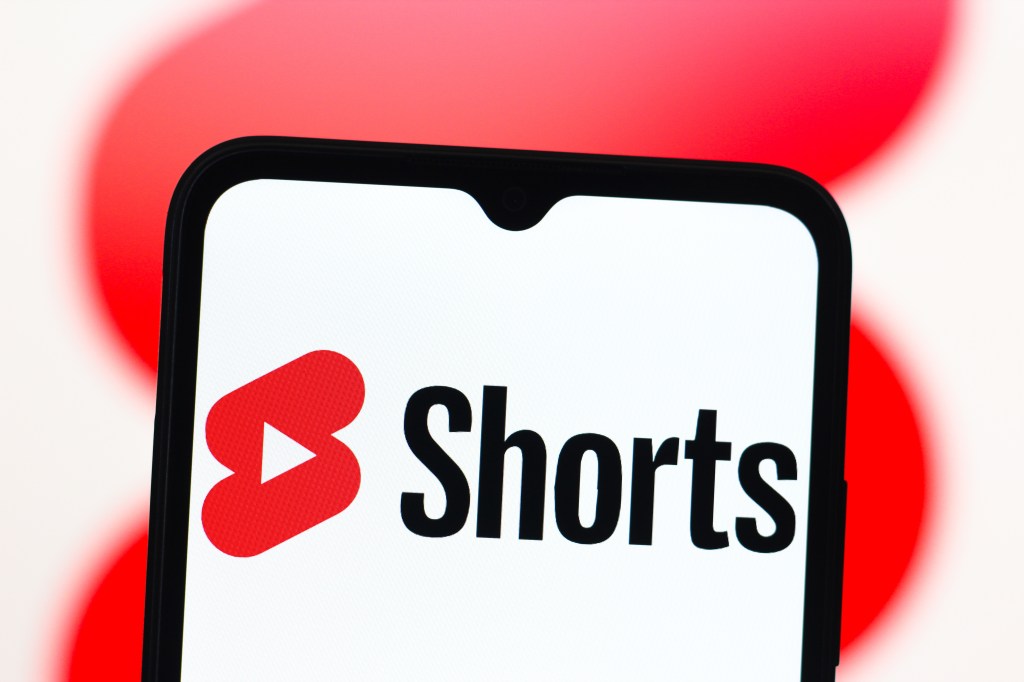In an era where digital transformation is reshaping professional interactions, Blinq, a Melbourne-based startup, is leading the charge to replace traditional business cards with innovative digital solutions. The company recently announced a significant milestone, securing a $25 million Series A funding round led by Touring Capital, with participation from returning investors Blackbird Ventures and Square Peg Capital, as well as new investor HubSpot Ventures.
The Evolution of Blinq
Founded in 2017 by CEO Jarrod Webb, Blinq began as a hobby project aimed at simplifying the exchange of contact information through digital means. The platform allows users to create personalized digital business cards featuring QR codes, facilitating seamless sharing of professional details. Initially, the adoption was gradual, primarily among iPhone users. However, by late 2019, as Android devices enhanced their QR code scanning capabilities, Blinq experienced a surge in user engagement.
The onset of the COVID-19 pandemic in 2020 further accelerated this trend. With in-person meetings becoming more deliberate and health-conscious, the demand for contactless solutions like Blinq’s digital business cards grew exponentially. Webb noted, Then came COVID — QR codes went mainstream, in-person meetings became more intentional, and Blinq’s focus on making those moments seamless and memorable started to take off.
Impressive Growth and User Adoption
As of May 2025, Blinq boasts over 2.5 million users, encompassing both individual professionals and employees across 500,000 companies in the United States, Canada, the United Kingdom, and Australia. A significant 80% of its user base is located in the U.S., underscoring the platform’s widespread acceptance in the American market.
The company’s workforce has expanded from a modest team of five in Melbourne to 67 employees distributed across Sydney, Melbourne, New York, and San Francisco. This growth supports Blinq’s ongoing product development and market expansion efforts.
Innovative Features and Integration
Blinq’s platform offers users the ability to create multiple customized digital business cards tailored to various professional contexts. These cards can be shared through diverse methods, including QR codes, email signatures, NFC (Near Field Communication) technology, short links, and even video call backgrounds. This versatility ensures that users can seamlessly integrate Blinq into their existing workflows.
A standout feature of Blinq is its capability to automatically capture contact details and synchronize them with Customer Relationship Management (CRM) systems such as HubSpot and Salesforce. This integration streamlines the process of updating and managing professional contacts, enhancing productivity and efficiency for users.
Business Model and Market Strategy
Blinq employs a Business-to-Consumer-to-Business (B2C2B) model, initially attracting individual users who, in turn, introduce the platform to their organizations. This organic growth strategy has proven effective, with Webb stating, Every time someone uses Blinq, they’re introducing it to someone new. And further, we see more frequent usage by active users the longer they’re on the platform.
The company charges businesses on a per-seat basis, allowing for scalable adoption as more employees integrate Blinq into their professional routines. This approach not only drives revenue growth but also fosters deeper engagement within client organizations.
Competitive Landscape
The digital business card market is becoming increasingly competitive, with several companies offering similar services. Notable competitors include Mobilo, Popl, Wave, and Wix. Additionally, social networking platforms like LinkedIn and services such as Linktree provide alternative means for professionals to share their contact information.
Despite this competition, Blinq differentiates itself through its user-friendly interface, robust integration capabilities, and a focus on creating memorable and seamless networking experiences.
Future Outlook
With the recent infusion of $25 million in Series A funding, Blinq is well-positioned to further enhance its platform, expand its global footprint, and continue its mission to make traditional business cards obsolete. The company’s commitment to innovation and user-centric design suggests a promising trajectory in the evolving landscape of professional networking.



